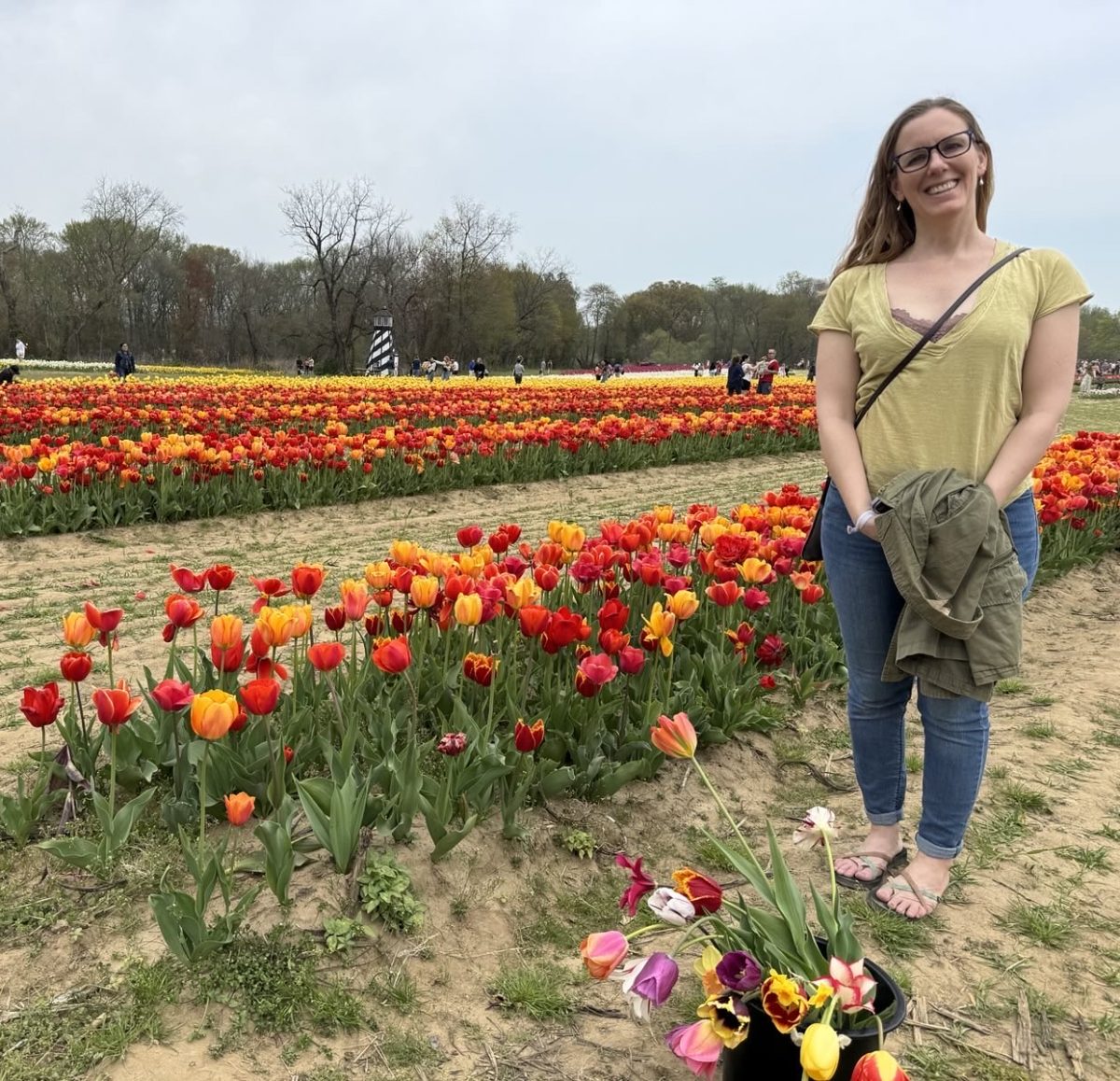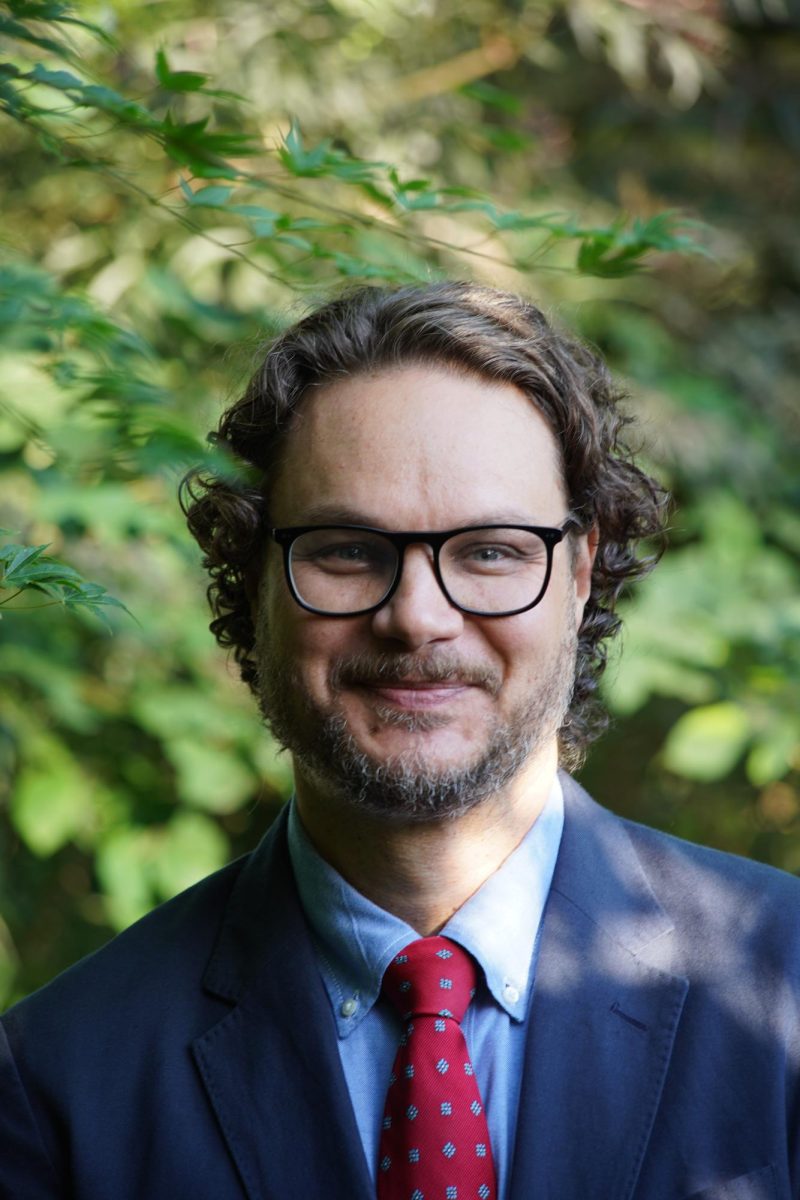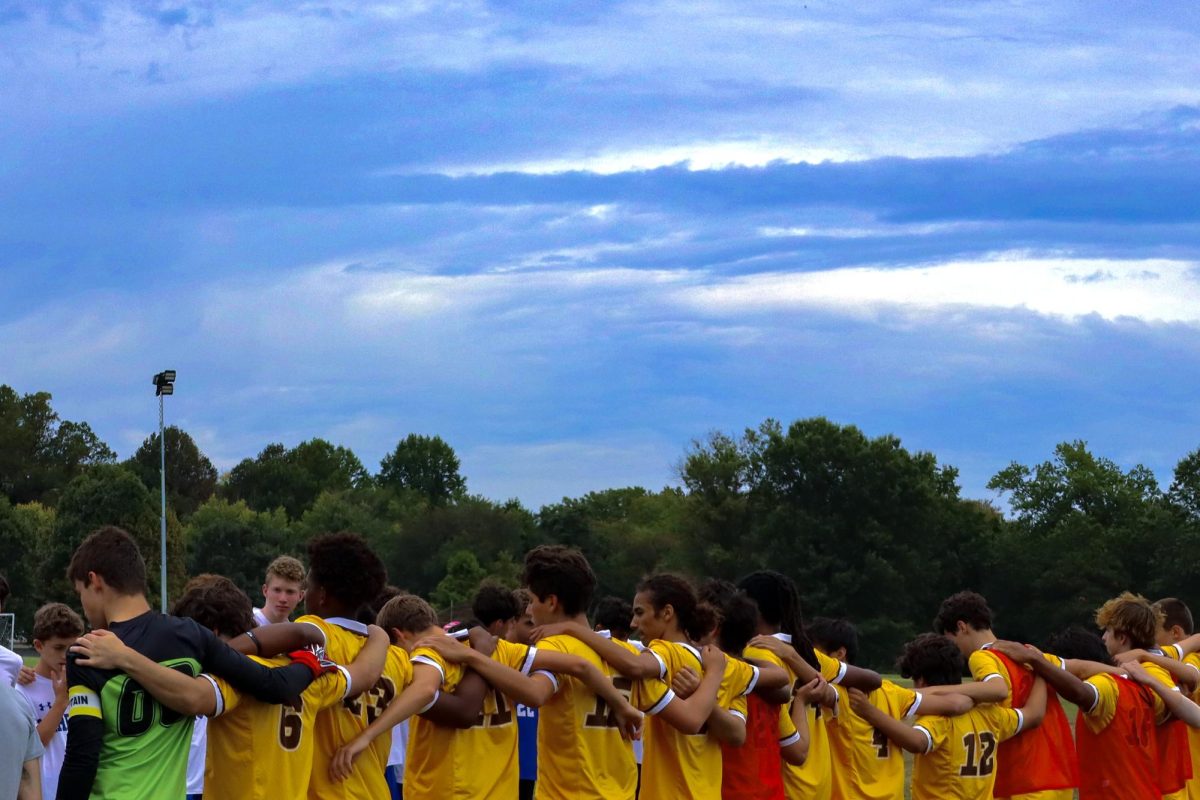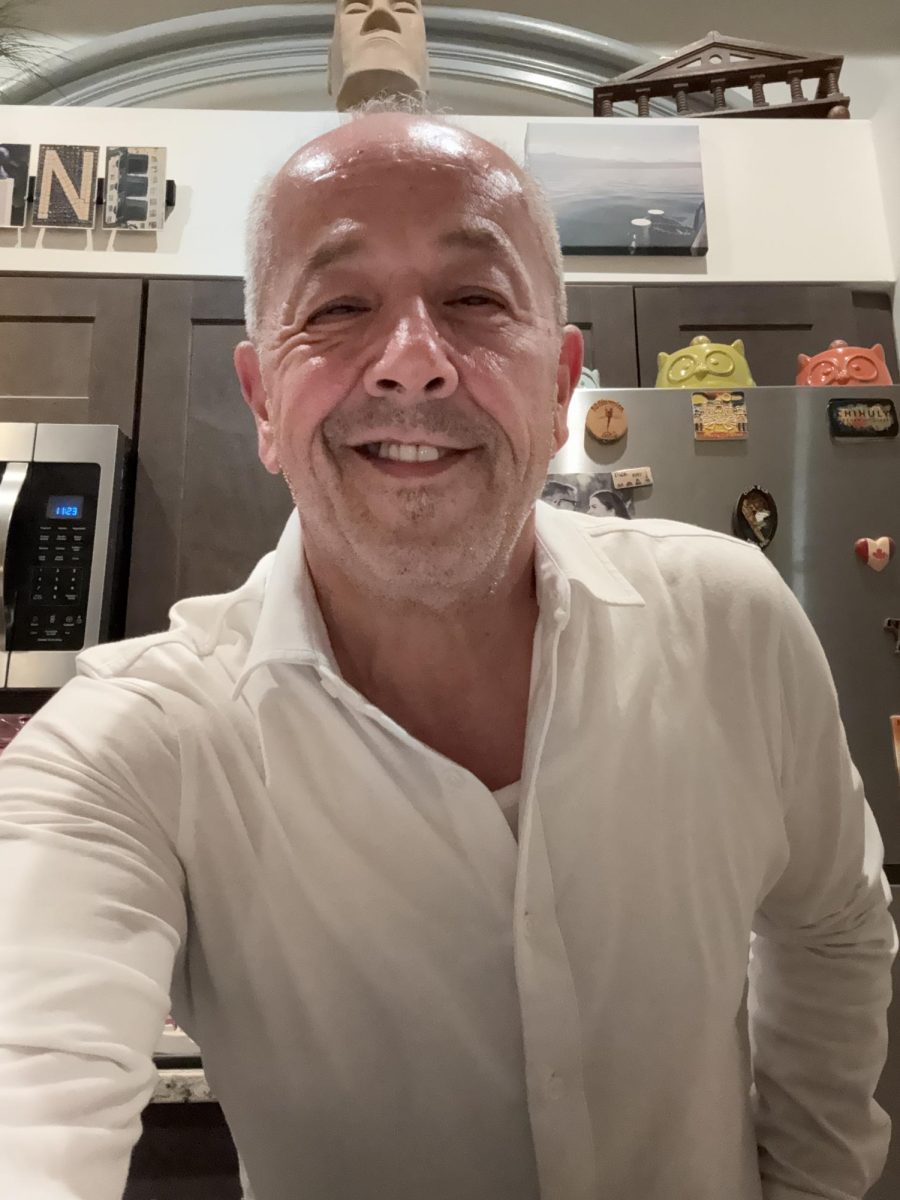In his new teaching role, Tr. Andrew brings 23 years of professional experience as a pediatrician, along with degrees in zoology and chemistry. “I’d like to incorporate a lot of medical cases and medical correlations into the curriculum,” Tr. Andrew said. However, “It’s a little bit broader than just pediatrics . . . It’s more: just taking whatever aspect of biology we’re talking about and tying it to some aspect of medicine.” He wants to emphasize case studies. So far, Tr. Andrew has given students case studies about wing lengths of Drosophila flies, effects of photosynthesis, and color distribution in corn and M&Ms to practice using inferential statistics.
Advanced Biology, a course of 15 seniors and 2 juniors this year, covers topics like biostatistics, cell communication, heredity, and others, ranging from ecology to biotechnology. It follows a more challenging curriculum than the regular Biology course, with laboratory and group activities, as well as statistical analyses and the previously mentioned case studies. In the course overview, Tr. Andrew explains that the class will deal with “integrating everything you have learned about biology in the last several years with everything you have learned about chemistry and everything you have learned about math.”
Tr. Andrew thinks that an AP equivalent class, like Advanced Biology, is beneficial for students who want to pursue their interests further, but does not believe in AP tests as a means to test out of college courses. “I’m not a huge fan of the actual AP test,” Tr. Andrew said. “It’s a large industry that’s kind of perpetuating itself, like it exists so that lots of people can take the test and there’s a whole cascade of jobs that are created apart from that.” Tr. Andrew believes that the test should not be a means to an end, taken by students to be exempt from college courses.
Many students in Tr. Andrew’s class are enjoying his teaching style. Jake Fogg ‘26 decided to take Advanced Bio because “Out of all the science classes, I really thought Biology was the most interesting, and the one I wanted to look at further.” Jake appreciates how Tr. Andrew is willing to stray outside of the rigid AP curriculum and explore niche topics, such as the causes of strokes.
Graham Asali ‘26, a student in the class who is considering studying biochemistry in college, likes how Tr. Andrew points out things that he thinks are wrong with the AP curriculum, like the standard error of the mean formula.
Tr. Andrew would “really like to” teach Advanced Biology next year, but it’s not set in stone. He explains, “Biology is really cool and really interesting. And being able to do it in a little more depth than I’m able to go with the middle schoolers, I think that’s a neat opportunity.”


































